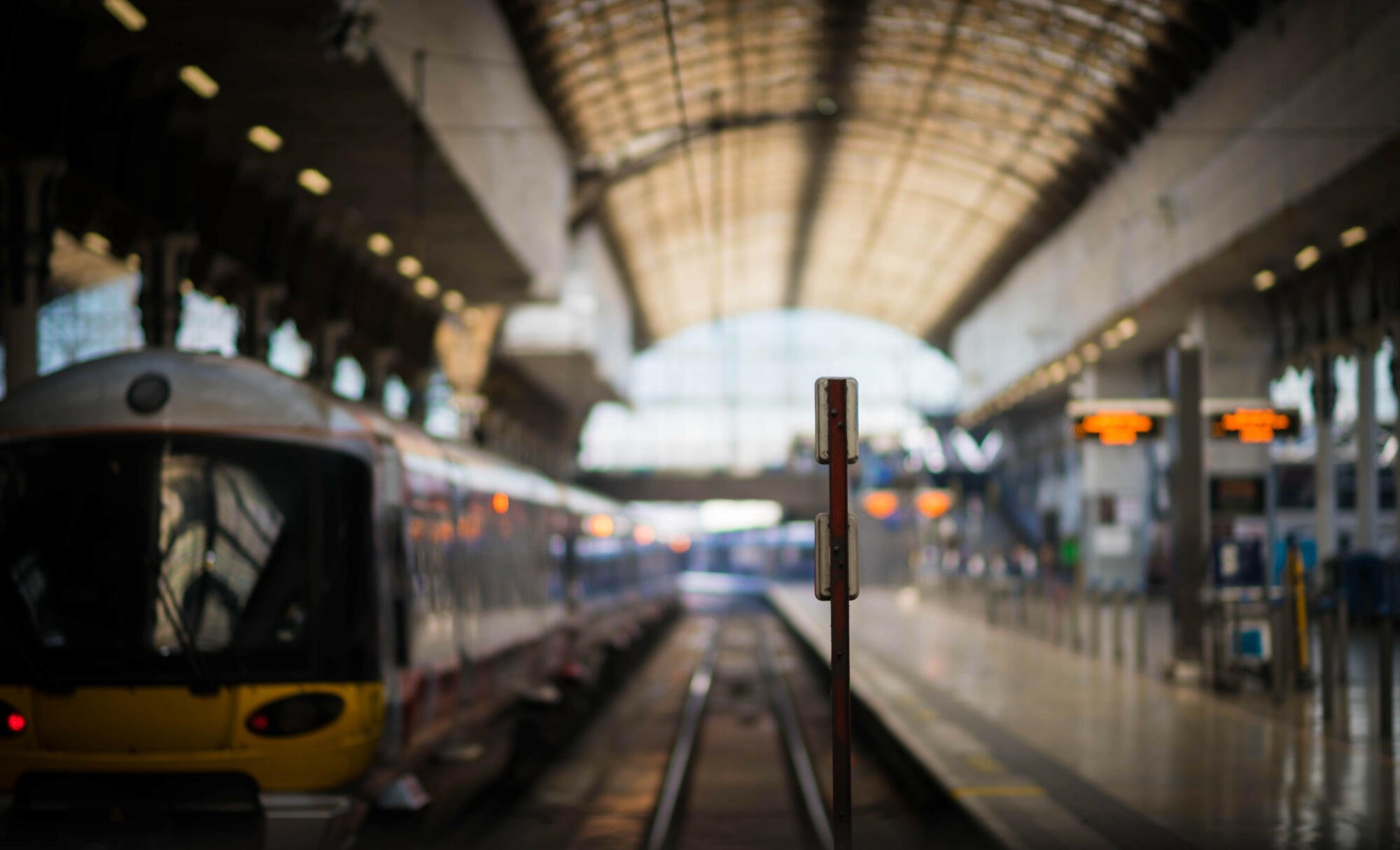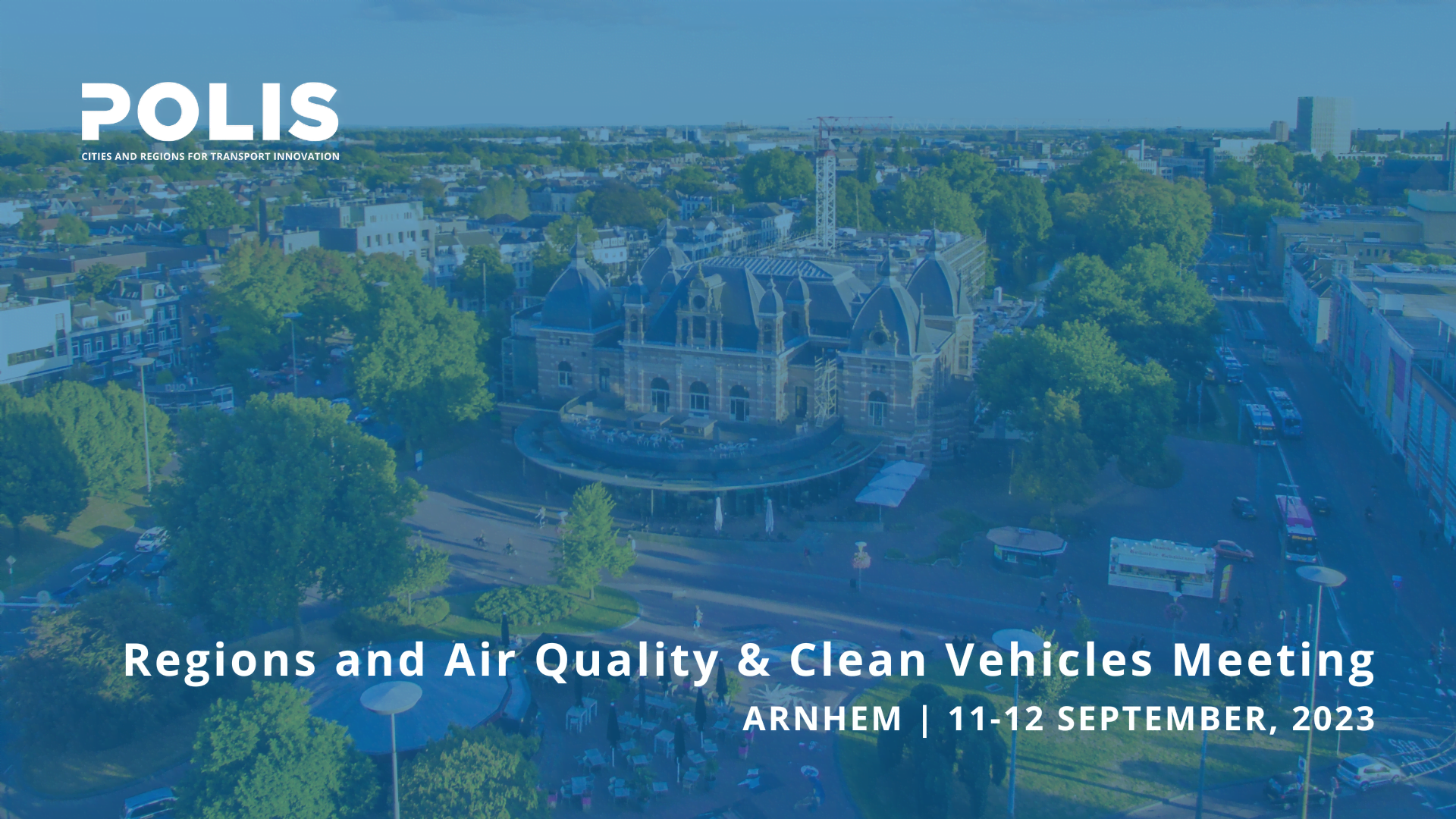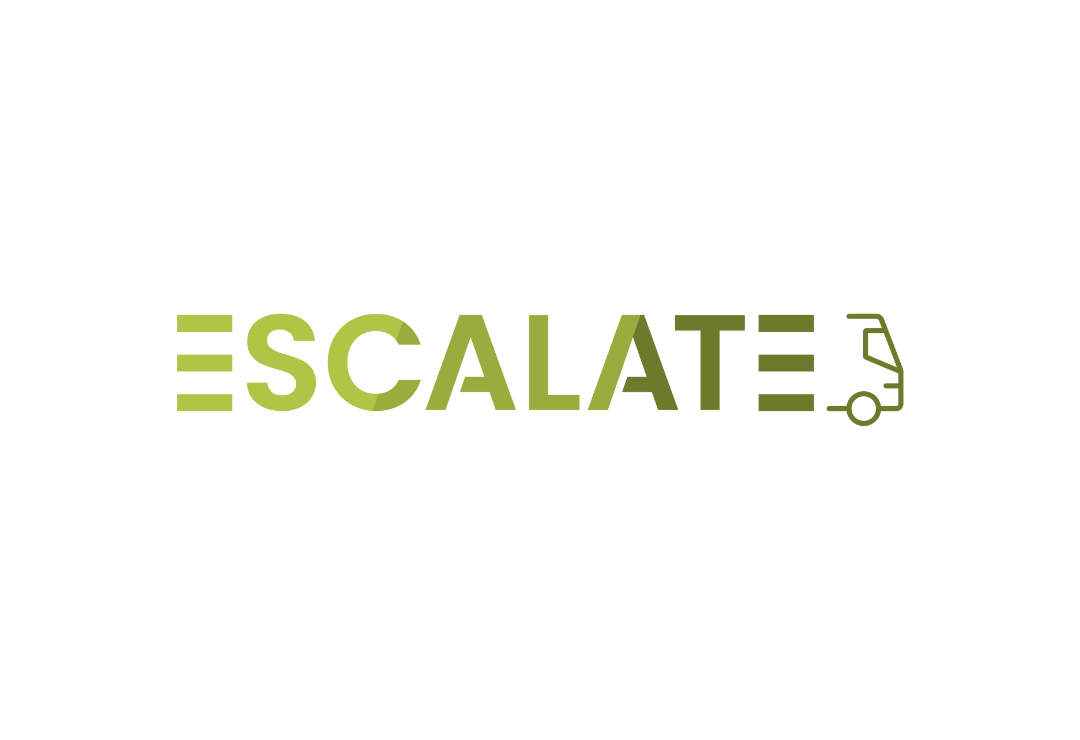Clean fleets for logistics
In urban freight logistics, last-mile delivery—the final leg of the supply chain journey—accounts for around 50% of delivery-related CO₂ emissions in both Europe and India and about half of all global delivery costs. This segment includes the delivery and pickup of goods from imports, exports, retailers, and local production sites, all contributing significantly to urban congestion, air pollution, and noise.
To address these environmental impacts, many cities are establishing ambitious targets for zero-emission deliveries. These goals involve boosting demand for zero-emission vehicles (ZEVs) and adopting cleaner fleet technologies to minimise the footprint of urban freight transport.
POLIS involvement
POLIS is at the forefront, collaborating with cities through the Urban Freight Working Group, where members share sustainable practices and enhance partnerships with logistics providers, and participating in projects like NextETRUCK and ESCALATE, both of which support zero-emission vehicle (ZEV) integration within city logistics.
- NextETRUCK focuses on pioneering next-generation electric truck solutions designed for medium regional freight. By enhancing energy efficiency by 10% over current electric vehicles, it aligns with city goals to reduce emissions and traffic congestion through more efficient vehicle fleets. POLIS cities such as Barcelona play a vital role in demonstrating these ZEVs, contributing real-world insights for future market adoption.
- In ESCALATE, POLIS is involved in the development of scalable, zero-emission solutions for heavy-duty vehicles, focusing on clean powertrain options that can travel up to 800 km without refuelling. By conducting pilot demonstrations on strategic European routes, ESCALATE supports POLIS’s commitment to decarbonizing freight while optimizing urban and regional logistics networks.

POLIS calls for funding to renew bus fleet and passenger rolling stock

Joint letter: More support is needed for clean bus infrastructure
EU-US Urban Freight Webinar Series: #2 – Examples of Urban Freight Fleet Electrification
Clean fleets project recommendations for European and National Policy makers are now available
Clean Fleets policy recommendations workshop
- Related Events
- Related Documents
- Related Projects

Regions and Clean Vehicles & Air Quality working group meeting
EU-US Urban Freight Webinar Series: #2 – Examples of Urban Freight Fleet Electrification
Polis Working Group: Clean vehicles procurement, low emission standard
Clean Fleets workshop: Introducing clean vehicles into public fleets:
POLIS-AVERE Workshop on Electromobility
European workshop on the procurement of electric vehicles
Free training on the Clean Vehicles Directive
Free EU workshop – Expanding charging infrastructure and procuring electric vehicles
London Workshop: Clean Bus Procurement
Charging hot spots: Facilitating city logistics to go electric
Charging hot spots: Facilitating city logistics to go electric
Introducing clean vehicles into public fleets: Recommendations from Clean Fleets project
European Panorama of Urban Logistics
City logistics in CIVITAS: recommendations for setting up successful city logistics measures


